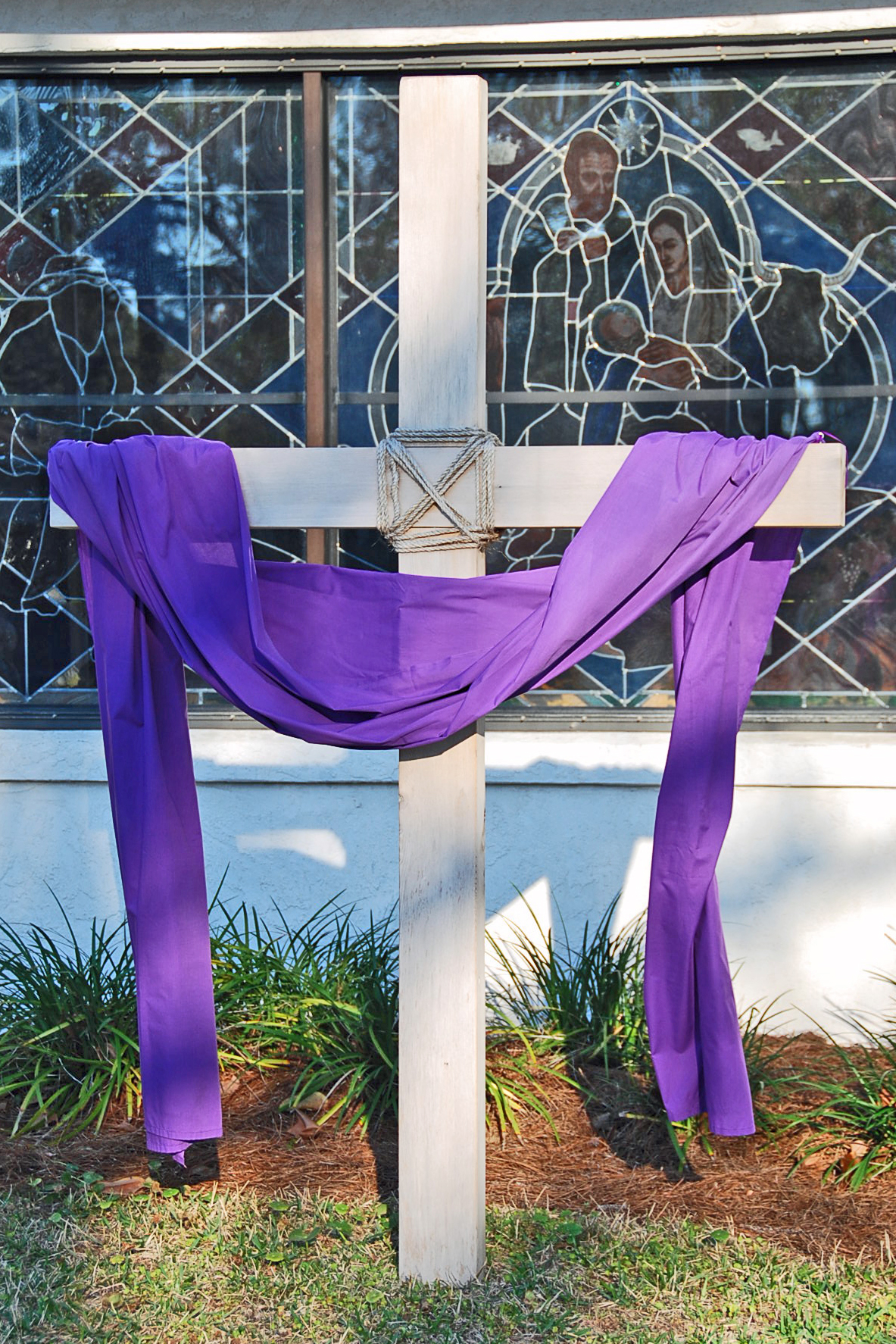Elijah was afraid and ran for his life. When he came to Beersheba in Judah, he left his servant there, while he himself went a day’s journey into the wilderness. He came to a broom bush, sat down under it and prayed that he might die. I have had enough, Lord, he said. Take my life; I am no better than my ancestors. Then he lay down under the bush and fell asleep.
All at once an angel touched him and said, Get up and eat. He looked around, and there by his head was some bread baked over hot coals, and a jar of water. He ate and drank and then lay down again.
The angel of the Lord came back a second time and touched him and said, Get up and eat, for the journey is too much for you. So he got up and ate and drank. Strengthened by that food, he traveled forty days and forty nights until he reached Horeb, the mountain of God. There he went into a cave and spent the night.
1 Kings 19.3-9
I love this story. It occurs right after Elijah’s miraculous victory over the prophets of Baal. By all accounts, he should have been on some kind of spiritual high, but instead he finds himself melancholy and full of complaint. I always feel like that on Sunday afternoons. I’m exhausted, having preached and prayed and counseled and comforted, having done my best to respond graciously to malcontents and antagonists alike, and all I want to do is lie down and die. Or nap. Most days I settle for a nap. But at times I feel just like Elijah in this episode of the prophet’s life.
I love that the remedy for Elijah’s despair is both supernatural and just plain normal. Angels (that would be the supernatural part) bring him warm bread (the normal bit). Is there any food more comforting than fresh-baked bread?
As a kid I was prone to fits of melancholy. I still am, but I think I am now able to cope with them intelligently because of my mum. She knew me so well that she was always able to diagnose how I was feeling and prescribe exactly what I needed. It was always the same thing: sleep.
That’s what the angel does here, telling Elijah to rest. The journey is too much for you. Truth be told, life is too much for any of us. It’s not that life will necessarily kill us (actually, it will) or that life will crush our dreams (though it usually will), but that we all know–feeling it deep in our bones–that life ought to be better than it is. We have this in-borne longing for abundant life. And usually the first step in experiencing that abundance is rest and food.
We often have the strength to access the supernatural because of our attention to the supernatural.
Strengthened, Elijah walks the 300 miles or so to Horeb (also called Mount Sinai), the mountain of God. It takes him forty days to get there. There is a kind of mystical and metaphysical significance to these numbers. Most scholars see some numerology at work here, connecting Elijah’s walk to the Israelites’ wandering, to Moses’ time on Horeb, and later to Christ’s experience in the wilderness; but I like to focus on the fact that it takes a long time to walk 300 miles and reach the place God has prepared. In Elijah’s case, that was a cave on the holy mountain. In our case, that may be any number of things.
I know for myself, after recovering from my Sunday afternoon nap-ocalypse or one of my bouts with melancholy, it takes me a long time to get back to where God wants me. My mood is often sour, and I’m quick to make a biting comment. So I spend most of my newly-wakened time silent, trying to protect everyone I love from one of my moods. In my mind I’m already thinking: OK, God, it was so fantastic to get that rest, but I’ve got to get myself correct now. I need to control my mouth. I need to watch my moods. Help me get back to being the kind and loving father, friend, and husband I know you’ve called me to be. Help me to be better. Help me to be different.
That takes a long time. It feels like 300 miles, that journey from despair to love and from doubting yourself to loving your people, and it feels like it takes 40 days and nights. That’s the Lenten connection, I guess. Lent is the time when we come back to the place God has prepared for us. Through most of the year we wander away from the people God has designed us to become. Lent is a homecoming. Lent is the 300 miles back to Christ. It’s the time when we are startled by our moods and our inconsistencies, when we rally our strength and walk that steep road back to God.
This post is from Seasons of Christian Spirituality.
fossores
Related posts
Categories
Category Cloud
Tag Cloud
Recent Posts
- Victors and Victims November 6, 2018
- 3 Hacks for Happiness October 29, 2018
- Hope Against Death September 20, 2018
- The Shape Of The Cross September 19, 2018


